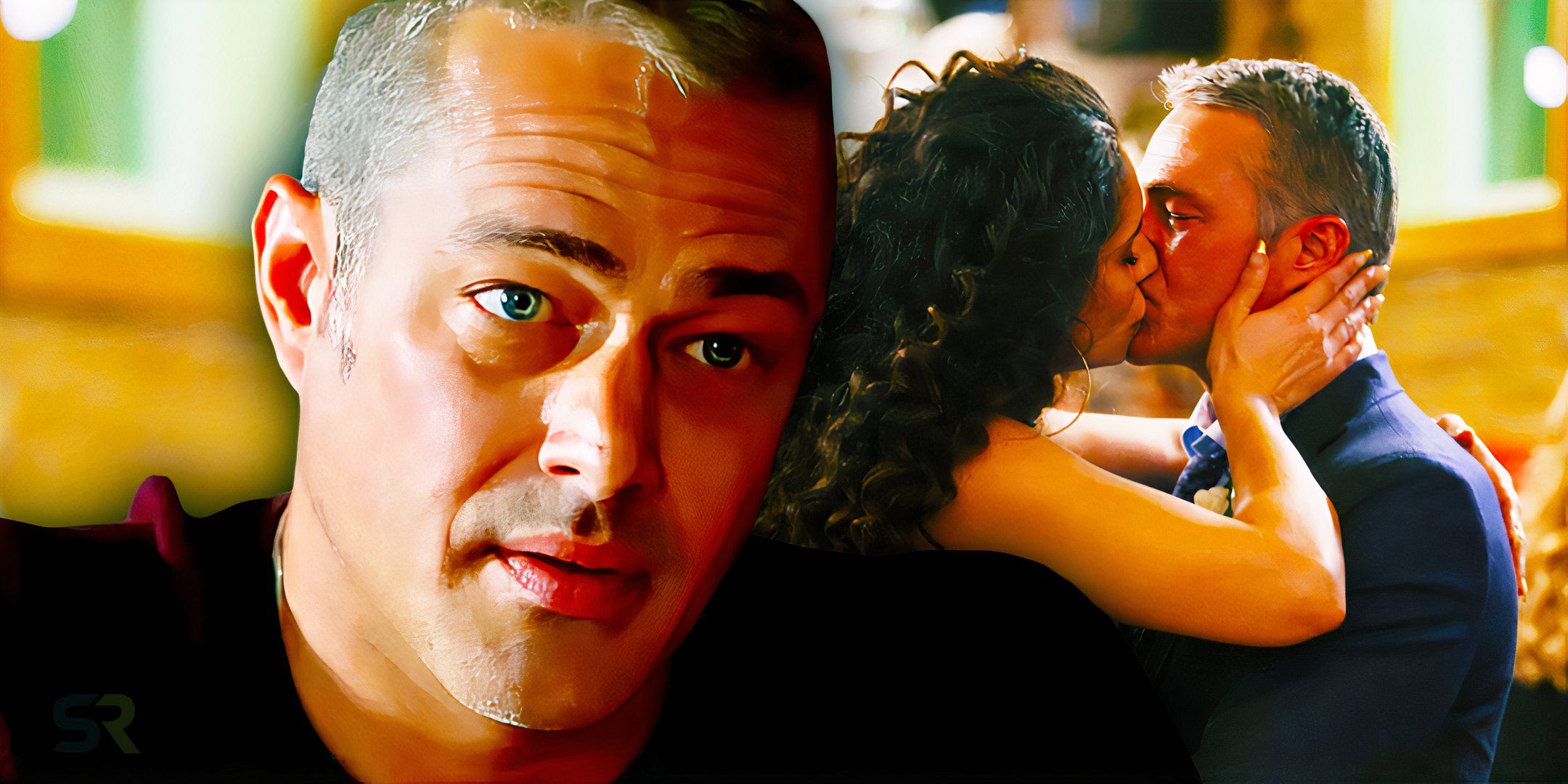In the turbulent world of Chicago Fire, babies have long been used as emotional detonators—either rescuing fractured relationships or hastening their collapse. The show has never shied away from using parenthood as a plot device, but as Season 13 approaches and a possible baby storyline for Stella Kidd and Kelly Severide looms large, it’s time for the writers to tread carefully. Because this time, the stakes aren’t just high—they’re personal.
Over the past twelve seasons, Chicago Fire has explored the theme of parenthood with a familiar rhythm: a firefighter discovers an abandoned or vulnerable child, gets emotionally attached, and then is forced to navigate the emotional chaos when the biological family or legal complications inevitably appear. These stories are undeniably heartfelt. Sometimes they’ve brought out the best in characters—other times, they’ve ripped couples apart.

Let’s rewind for context.
Gabriela Dawson (Monica Raymund) was the first to experience the bittersweet agony of this cycle. She fell in love with Louie, the sweet foster son she and Matt Casey (Jesse Spencer) took in. But that chapter didn’t end in fairy tale fashion. When Louie’s biological father reclaimed him, it shattered Gabby—and her already fragile marriage. Their union couldn’t withstand the loss or the lingering trauma. Later, Gabby’s miscarriage and the devastating revelation that future pregnancies could threaten her life sealed the fate of “Dawsey” forever.
Joe Cruz (Joe Minoso), on the other hand, had a more hopeful arc. He and his wife Chloe (Kristen Gutoskie) adopted Javi, a boy he rescued on the job, and later welcomed a biological son, Brian. Cruz transformed into the doting father figure everyone at Firehouse 51 needed. It was a story of redemption, healing, and second chances—a rarity in the show’s darker canon.

Even Sylvie Brett (Kara Killmer), whose own adoption storyline had lingered in the background for years, came full circle. After connecting with her birth mother, she adopted baby Julia, symbolizing her own growth and closure.
But despite their differences, these storylines have all shared the same blueprint: firefighter finds child, becomes emotionally attached, faces legal or moral dilemma, and then either gains a family or suffers a heartbreaking loss. It’s a compelling formula—but one that Chicago Fire is in danger of repeating to exhaustion.
Now, enter Stellaride—the ship name fans have lovingly given to Stella Kidd (Miranda Rae Mayo) and Kelly Severide (Taylor Kinney), the power couple whose relationship has endured trials by fire, separation, and deeply buried emotional trauma.
In the Season 12 finale, a subtle but significant moment suggested that Stella and Kelly might be ready to take the next step—parenthood. A lingering glance, a quiet conversation—it was enough to get the fandom buzzing. But the truth is, if the show wants this storyline to resonate, it has to be different.
Why? Because Stellaride is different.
Stella and Severide aren’t new lovers stumbling into a romance. They’ve battled commitment issues, survived distance, supported each other’s careers, and made it through emotional minefields that would have destroyed lesser couples. They are battle-tested. But they’re also still healing from the distance and miscommunication that plagued them in Season 11 and early Season 12. They’ve only just begun to reestablish trust.
Throwing a baby into the mix now, without properly exploring the emotional nuances of their rekindled relationship, could cheapen both their growth and the gravity of parenthood. It’s not enough to simply present them with a foundling or an abandoned infant at the firehouse door. Their journey into parenthood—if it happens—needs to reflect who they are: complex, passionate, imperfect, and deeply loyal.

The show must also resist the temptation to pit their possible parenthood against their careers. Stella Kidd is fiercely ambitious and committed to Girls on Fire, her mentorship program for young women. Severide is known for his tunnel vision when it comes to his work as an arson investigator. These professional callings have caused tension before—but using a baby as a wedge between them would be reductive and, frankly, lazy storytelling.
Instead, Chicago Fire has an opportunity here. An opportunity to portray two people actively choosing to become parents, navigating what that means in a high-risk, trauma-heavy profession. They can explore realistic, modern dilemmas: Should they foster or adopt? How do they prepare emotionally after so much personal upheaval? What happens when you want to start a family but the world around you keeps burning?
Another potential angle could involve not becoming parents. Perhaps the couple explores the idea only to decide they’re not ready—or that their love doesn’t need a child to feel whole. That kind of mature, emotionally intelligent decision would be a powerful shift from the show’s typical baby storylines, which usually hinge on tragedy or impulse.
It’s also worth noting that Taylor Kinney’s brief hiatus in Season 11 left many questioning the future of Severide. His return felt like a rebirth—but it’s crucial the show uses this momentum to deepen his character, not reset him. A meaningful fatherhood arc could be a compelling way to explore that, but it needs to be authentic.
Meanwhile, Stella deserves more than being reduced to a plot device in someone else’s development. She’s a dynamic leader, mentor, and woman of fierce conviction. If she’s going to consider motherhood, it has to come from her—not just as a reactive move to Severide’s growth.
In short, if Chicago Fire is serious about sending Stellaride down the road of parenthood, it must not rehash old narratives. No surprise abandoned baby. No tragic loss for the sake of tears. No third-party interference from long-lost biological parents. Give them a journey that honors their history, respects their complexity, and charts new territory.
Let their story be about choice. About deliberate love, intentional sacrifice, and the courage to confront their fears—not because a script demands it, but because it reflects real human growth.
The audience is ready. Stellaride is ready. Let’s just hope the writers are, too






